Bespectacled genius: Cricket legend Zaheer Abbas inducted into PCB Hall of Fame
4 min readThe Pakistan Cricket Board on Saturday formally inducted Zaheer Abbas, also known as ‘Asian Bradman’, into the PCB Hall of Fame for his contribution to the game as the right-handed batter scored 5,062 runs in 78 Test matches at an average of 44.79 with 12 centuries.
In a press release, the PCB termed Zaheer as “one of the most stylish and elegant batters to ever play this great sport.” PCB Chief Executive Faisal Hasnain awarded the commemorative cap and plaque to Zaheer during the lunch break of the second test match between Pakistan and Australia at the Karachi National Stadium on Saturday.
Zaheer is the third PCB Hall of Famer after Fazal Mahmood and Wasim Akram, with the remaining five inductions to take place in due course.
“I feel humbled to have been recognised in such a respectful and honourable manner by my parent organisation at my home ground, during play of my favourite format of the game and in front of passionate cricket fans, who have also played an integral part throughout my cricketing career,” he said.
Zaheer, who wore a cricket hat while batting, said it was a privilege to have represented Pakistan for nearly two decades and contribute to the national side’s growth in terms of stature and reputation. “It was a delight to play with and against some of the all-time greats in an era when cricket regulations and playing conditions were not as stringent as today,” he said and admitted that opportunities were also limited as compared to today. He hailed the appreciation being given to cricketers in prevailing times.
“Cricket has moved on from my playing days but it still remains a gentleman’s game. It gives me great pleasure and satisfaction to see that this beautiful sport remains in the safe and capable hands of modern day elite cricketers who, day in day out, give their very best in striving to continue to enhance the standard of this sport and in doing so, attract, inspire and motivate younger generation of cricketers,” Zaheer said.
He also expressed his delight over the full-strength Australian side playing at the national stadium after 24 long years. The former cricketer hoped that with this tour, the rivalry between two nations would be revived which, in turn, would only help cricket become stronger.
He thanked the PCB, family, friends and all contemporaries for supporting him in the journey and helping his performance.
Moreover, PCB CEO Faisal Hasnain congratulated Zaheer on induction into the PCB Hall of Fame and termed the latter “a highly respected and admired” world figure.
“Zaheer Abbas played and performed in an era that boasted some of the most destructive and fearsome fast bowlers, as well as world-class spinners. He not only dominated them, with his technique and style made batting look like poetry in motion,” he said.
The PCB chief executive wished Zaheer well and expressed hope the latter would continue to inspire future generations of cricketers.
Run Machine
74-year-old Zaheer was known as a run-machine during his playing days, according to the PCB.
He is the only Asian batter to score a century of first-class centuries after he finished his 459-match career with 108 centuries and 158 half-centuries from 1965-66 to 1986-87, while amassing 34,843 runs with an average of 51.5.
During his international cricketing career, Zaheer scored 5,062 runs in 78 Test matches at an average of 44.79 with 12 centuries. He struck seven centuries in 62 ODIs while scoring 2,572 runs at an average of 47.62. This included a sensational double century in only his second Test match against England at Edgbaston in 1971-72.
Zaheer scored 1,000 or more test runs against Australia (1,411 runs in 20 Tests), England (1,086 runs in 14 Tests) and India (1,740 runs in 19 Tests).
At the Karachi National Stadium, which was his home ground, Zaheer played 12 Tests in which he scored 531 runs.
Post-retirement, Zaheer had a brief stint as an ICC Match Referee during one Test and three ODIs. He also served as a selector and team manager, while in 2015, he became the third former Test cricketer after Colin Cowdrey and Sir Clyde Walcott to become the ICC president.







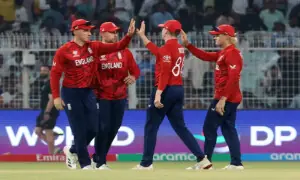





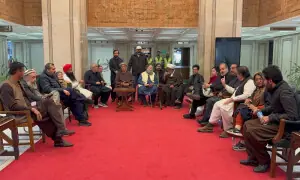







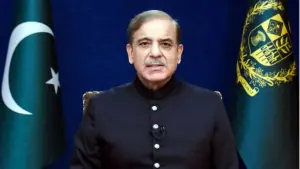
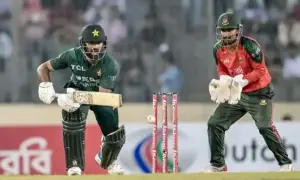
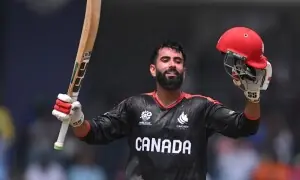


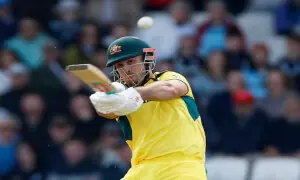
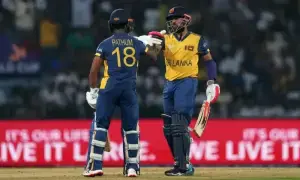
Comments are closed on this story.